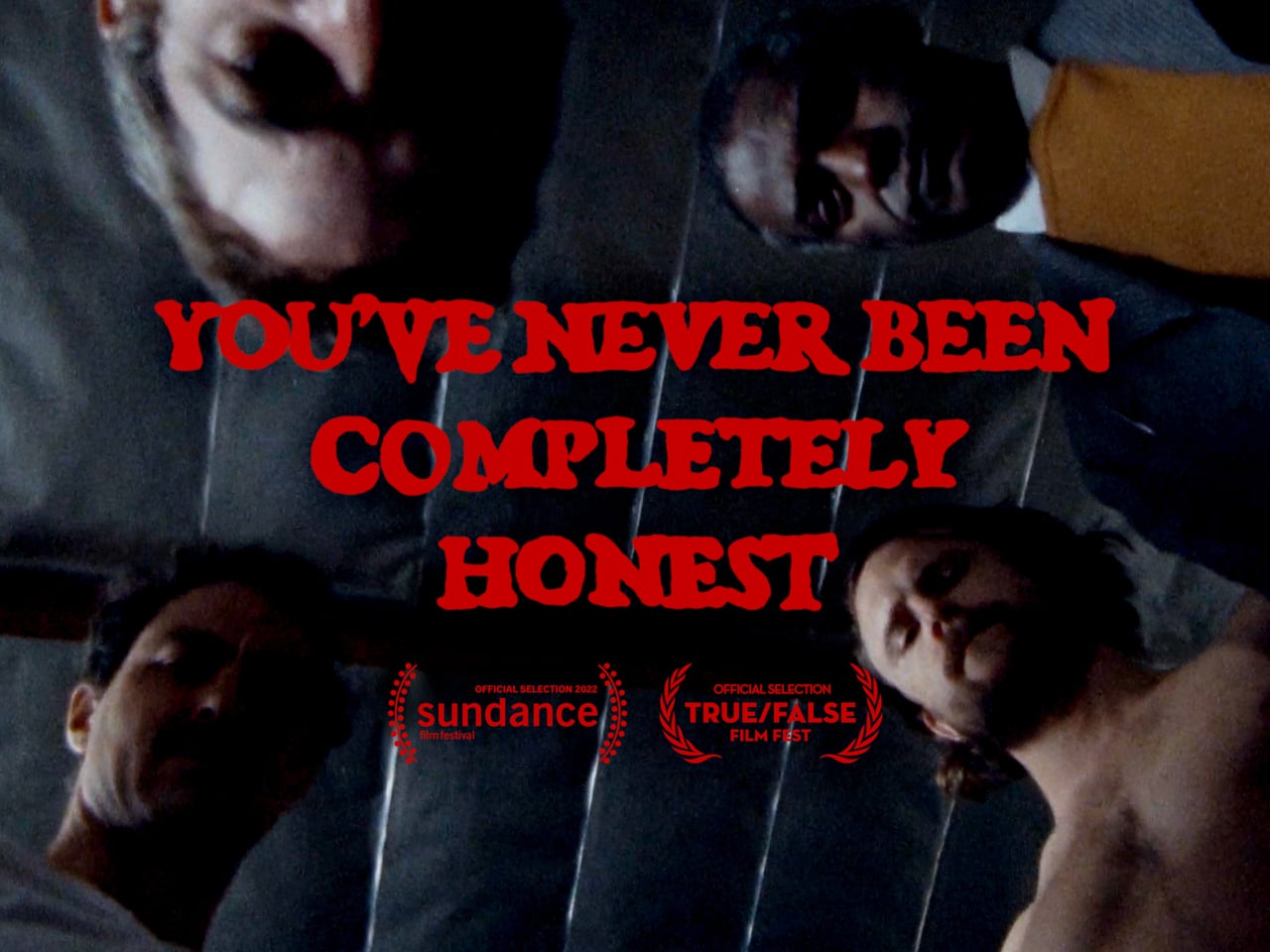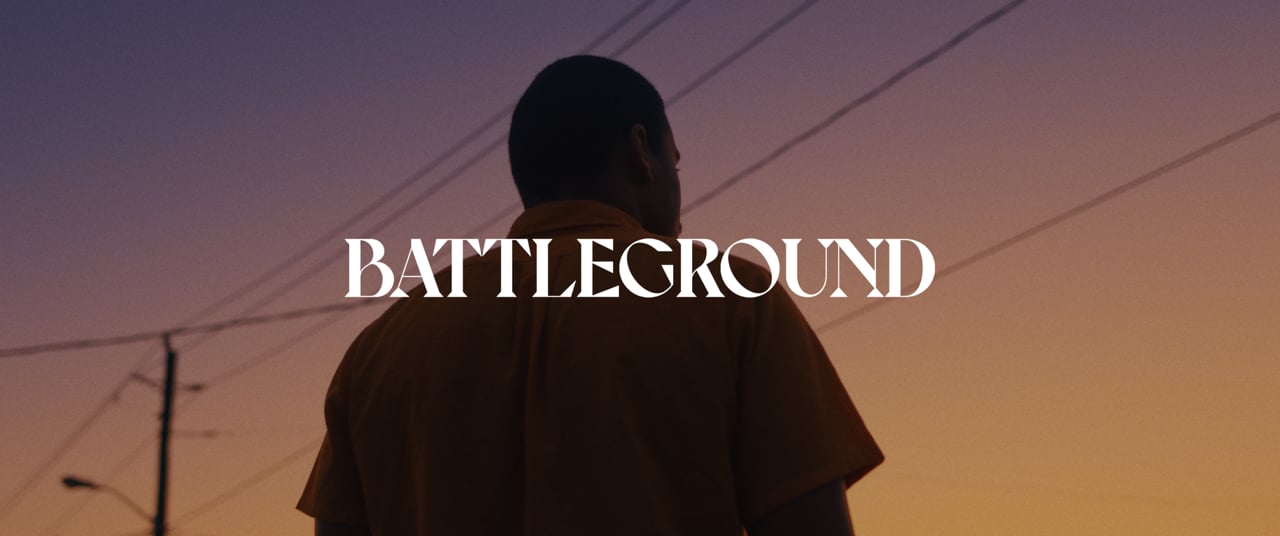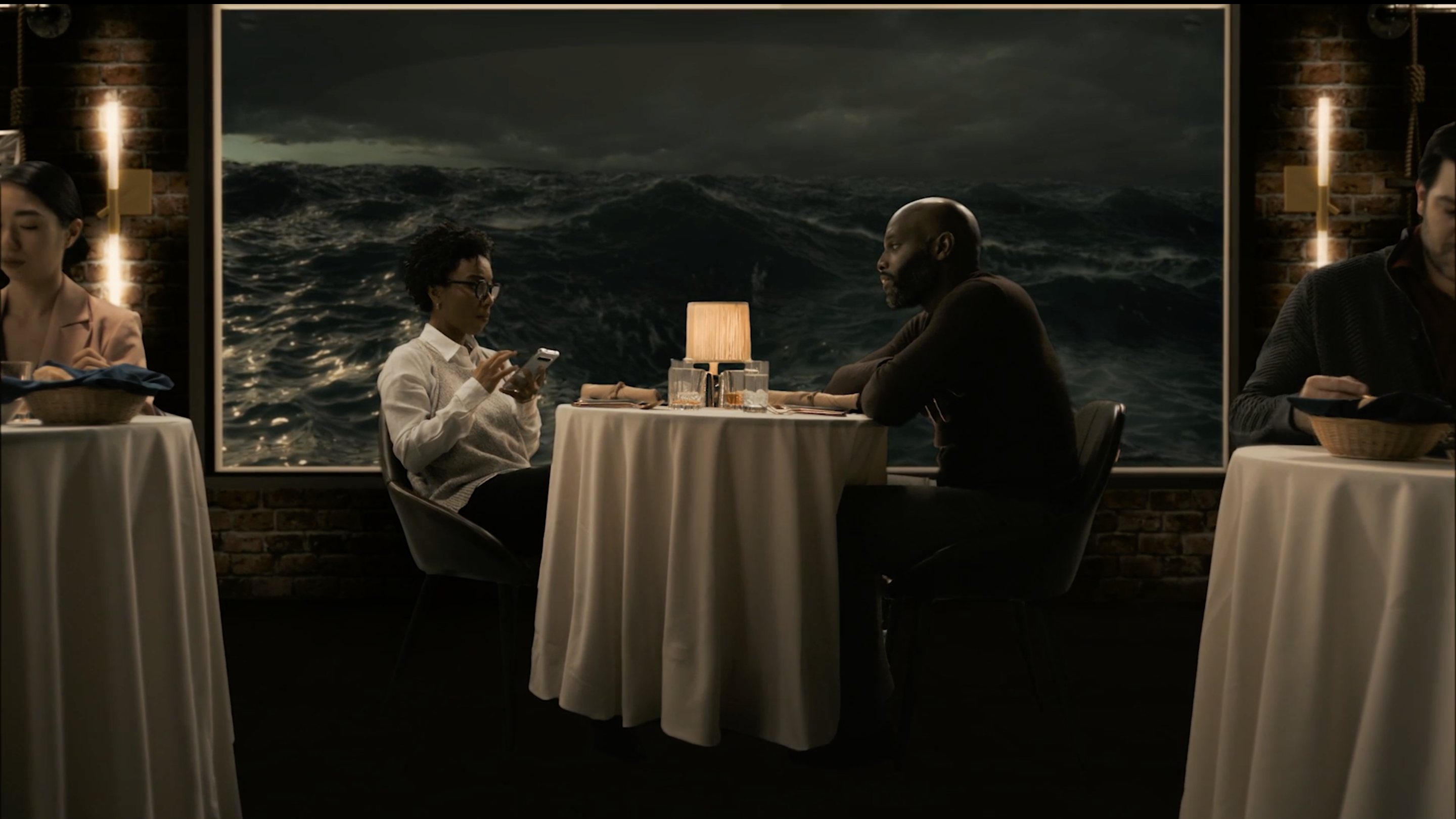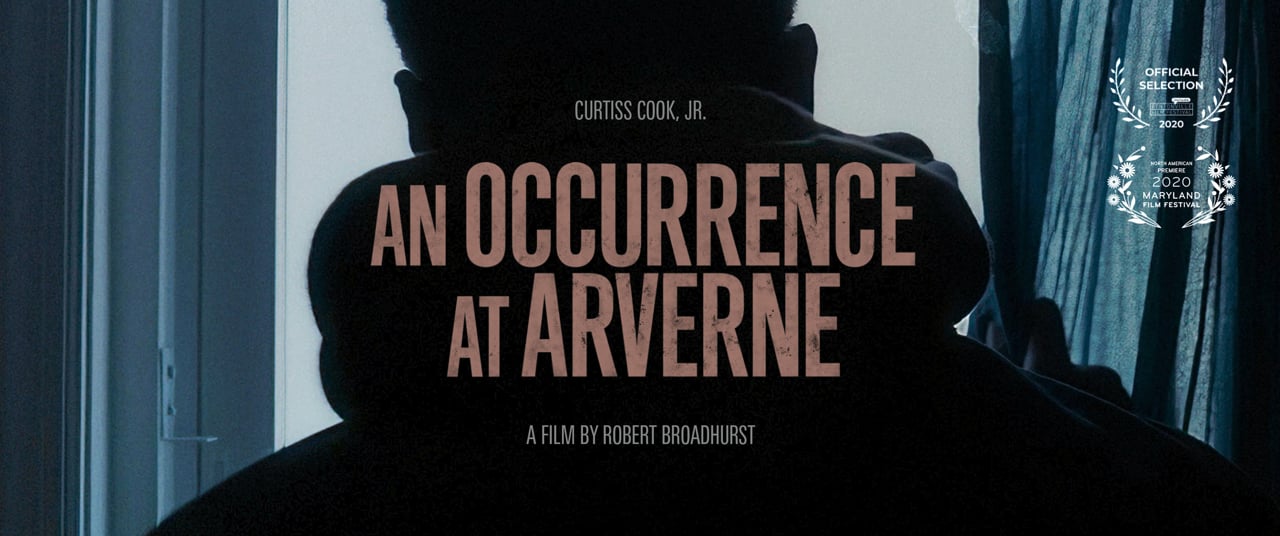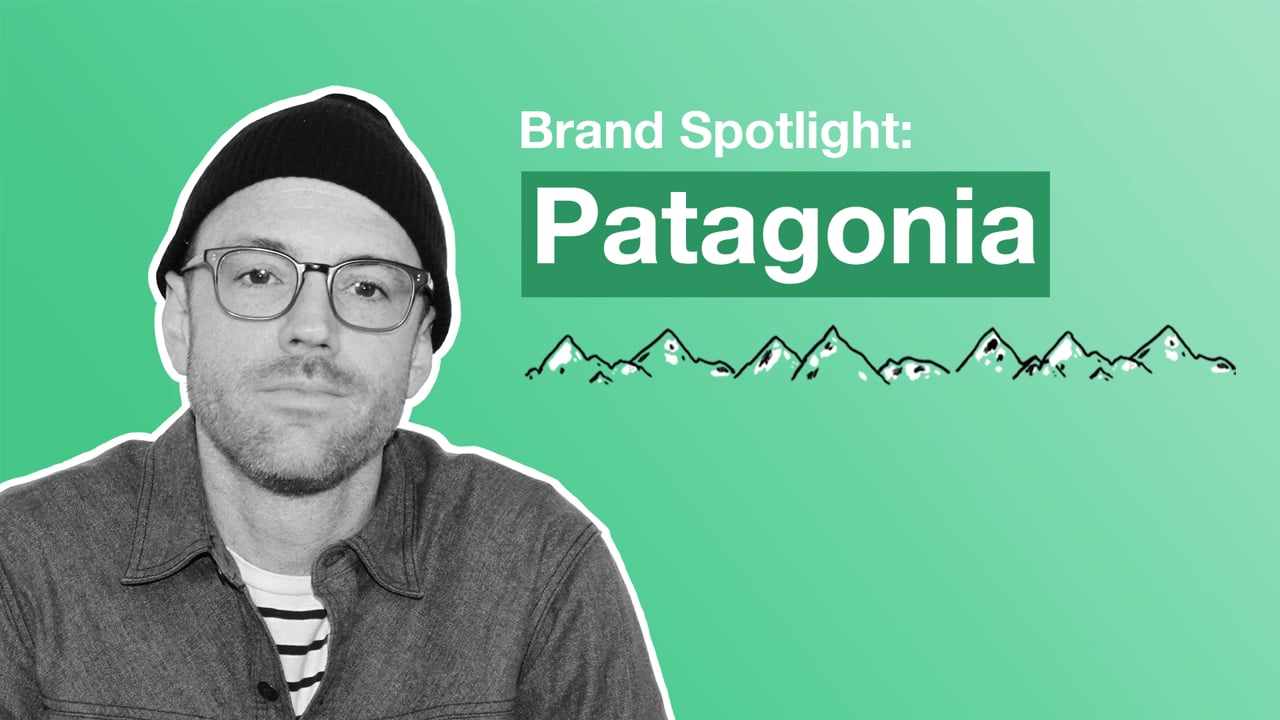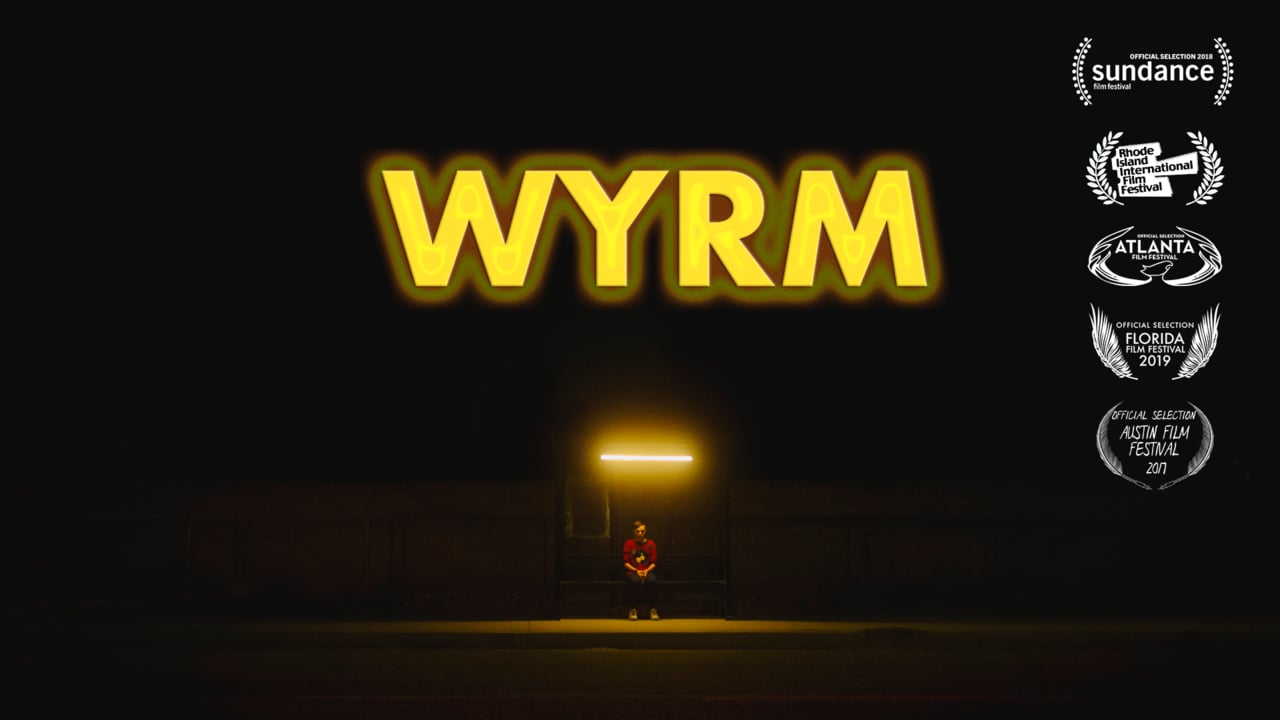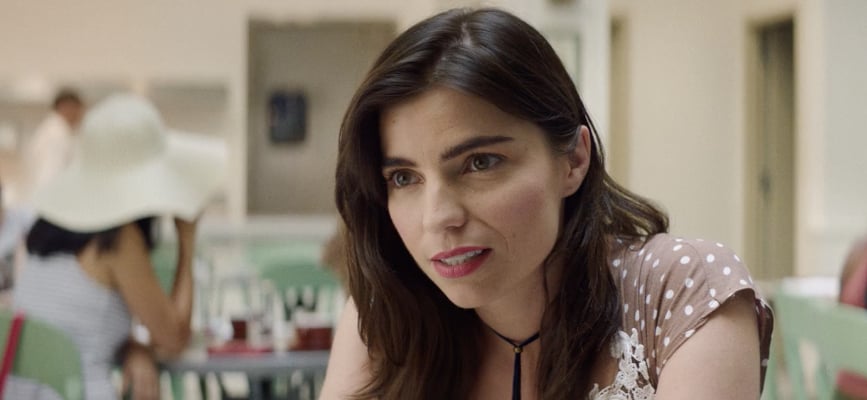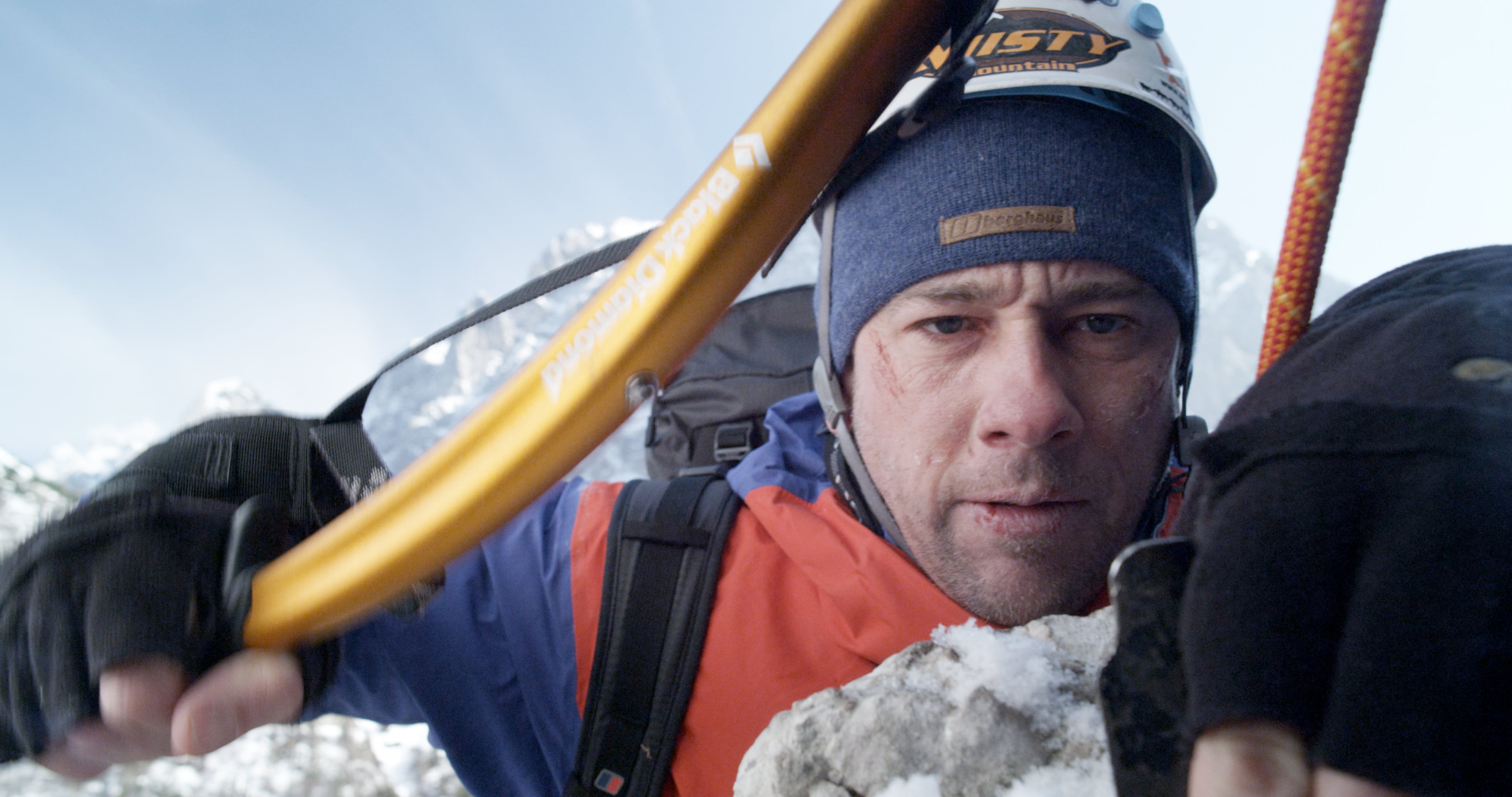Conflict over land ownership is a common thread within humans’ shared history on our planet. With it often comes violence, unrest and ultimately, a blending of cultures. This is a complex subject that has proven difficult to tackle within the medium of short film and to approach without bias. So when we at Vimeo first watched Eleanor Mortimer’s brilliant documentary, ‘Territory,’ we knew we had come across something special. I
n it, Mortimer provides commentary on the subject of land ownership through the onscreen relationship between two present-day inhabitants of Gibraltar: monkeys and people. The former have inhabited the land long before the British lay claim to Gibraltar over 300 years ago, but as the monkeys begin to be forcibly removed by their human neighbors, their cat-and-mouse-like relationship offers an interesting insight into the land’s diverse past. With a stroke of humor and strong visual metaphor, “Territory” is both a delight to watch and to ponder afterward.
As is tradition with Staff Pick Premieres, we wanted to learn more about the making of the film. So, we sat down with director, Eleanor Mortimer to ask some questions about her film and her craft.
Vimeo: Hey Eleanor, where did you come across the story of the monkeys on Gibraltar. Was it inspired from the opening quote?
Eleanor: It was inspired by the monkeys and their rebellious ways! I was drawn to Gibraltar because of the strange notion of British territory in the Mediterranean (territories and borders always interest me). On my first visit to the rock I came across a monkey, strutting along an old fortress wall, looking down at people below. That was when the film was born in my head – with that image: walls and a monkey. What if I could explore this idea of ownership of land through the eyes of monkeys? Then I started researching and found that this group of monkeys had an amazing history of tenacity on the rock, and that half of them were due to be ‘removed’ because of their daily visits into town… They don’t give a damn about our rules and walls! From that moment there was no way I wasn’t going to make this film.
In your own words, what do you think your film conveys?
For me, every film is about trying to make sense of the world and draw connections, but I really don’t believe in telling an audience what to think (mainly because I don’t know what to think myself – I wish I did). A good film should leave the audience with questions rather than answers. I think Territory effectively shows a different (albeit imagined) perspective on the world, and that poses certain questions about us, humans. I like to think that an audience can enjoy the film, have a giggle, and then ponder about it afterward.
“That’s the beauty of documentary – quite often what you find is so much better than what you imagined.”
The film definitely checked all those boxes for me. Did the subtext of the cat and mouse relationship between the chasers and monkeys reveal itself to you after spending time observing them on Gibraltar? Or, did you approach this project with a thesis in mind. I had no idea that this was happening until I went out to shoot. That’s the beauty of documentary – quite often what you find is so much better than what you imagined. I spent a while observing the daily ritual between the peashooters (chasers) and monkeys before I turned the camera on, and there was something delightful about filming it – it was like a dance, and at the same time, there was something poetic in the relationship between monkey and peashooter. It was a game.
I’m curious if the peashooters saw any irony in their work. Was there a level of communication between you and them about what you were hoping to reveal with this film? We (myself and brilliantly positive sound recordist, Barry Coxhead), got very close to both the peashooters during the month we were there. Teresa, in particular, is such an amazing person, with a very close connection to the animals: she knows each of the monkeys by name. There was a lot of hanging around waiting for the monkeys to appear (or not appear), so we got to know each other very well! For them, this is a job, like many others, but a particularly fun one, and they were pretty proud of what they were doing. I agree I think their job is really fun. I don’t think they took me particularly seriously in what I wanted to do (perhaps they thought I was a bit bonkers) because they’d only been filmed by reality TV and news crews before, and our vibe was a bit different… In general, I find it helpful when filming documentary not to be taken too seriously.
“I feel very passionately that documentary making needs time, and wish budgets would reflect this. Real life doesn’t fit into tight schedules unless you force it, and if you force it, it isn’t real.”
That’s an interesting takeaway. I haven’t heard a filmmaker say that before. From a technical standpoint, your shots are almost entirely all locked off and catch quick moments of action that seamlessly flow together. How did you go about creating these compositions and capturing every moment that we see in the film? By watching and watching and watching… and then filming, and probably failing, then trying again. By week three I could predict in one way or another where the monkeys would go next (although not always when) so I would set up the shot and wait. Patience is so important in documentary, especially when filming animals. I also worked with a truly amazing editor, Nina Rac, who I am sure is behind the apparent seamlessness!
That photo of you waiting is amazing. How long did you spend filming and editing this project?I spent five weeks in Gibraltar overall, which is also how we managed to capture what we did. If we were only there a week or two, this film would never have been possible. I had the time to observe before filming, and to allow things to unfold naturally. I feel very passionately that documentary making needs time, and wish budgets would reflect this. Real life doesn’t fit into tight schedules unless you force it, and if you force it, it isn’t real. We had three weeks in the edit, during which time we were working out sound and music as well. Nina and I worked really closely with sound designer Florentin Tudor and composer Fraya Thomsen to shape the film. They both pulled out all the stops to make it work.
The film is such an enjoyable watch, with incredible comedic timing onscreen. Were there any particular moments that you missed that you wish could have made it into the film?
Of course! Too many moments to count, every day (monkeys are darn quick). I won’t tell you what though! Whenever I missed something, I’d think about how to be prepared to get the essence of that thing again (even if that particular moment could never be reproduced), and that sometimes works.
The film ends with more man-made development as a lone monkey watches, sitting atop a 19th century cannon, suggesting that the monkeys have seen this type of construction before and will continue to see more. Do you think despite shipping them off to Scotland, the population will still remain? Yes, half of the population of barbary macaques still live on the rock of Gibraltar, and I am sure they will remain. I think many other species may outlive our own because there is a wisdom in the way many animals live and relate to their environment, which human beings often lack. We are very intelligent and at the same time self-destructive.
Well put. Well, thanks for your time, Eleanor and congrats again on the film!
If you’d like to see more of the amazing films that have premiered on Vimeo, check out our past Staff Pick Premieres here.
If you’re interested in premiering your short film as a Staff Pick Premiere, please check out www.vimeo.com/submit for more information.

